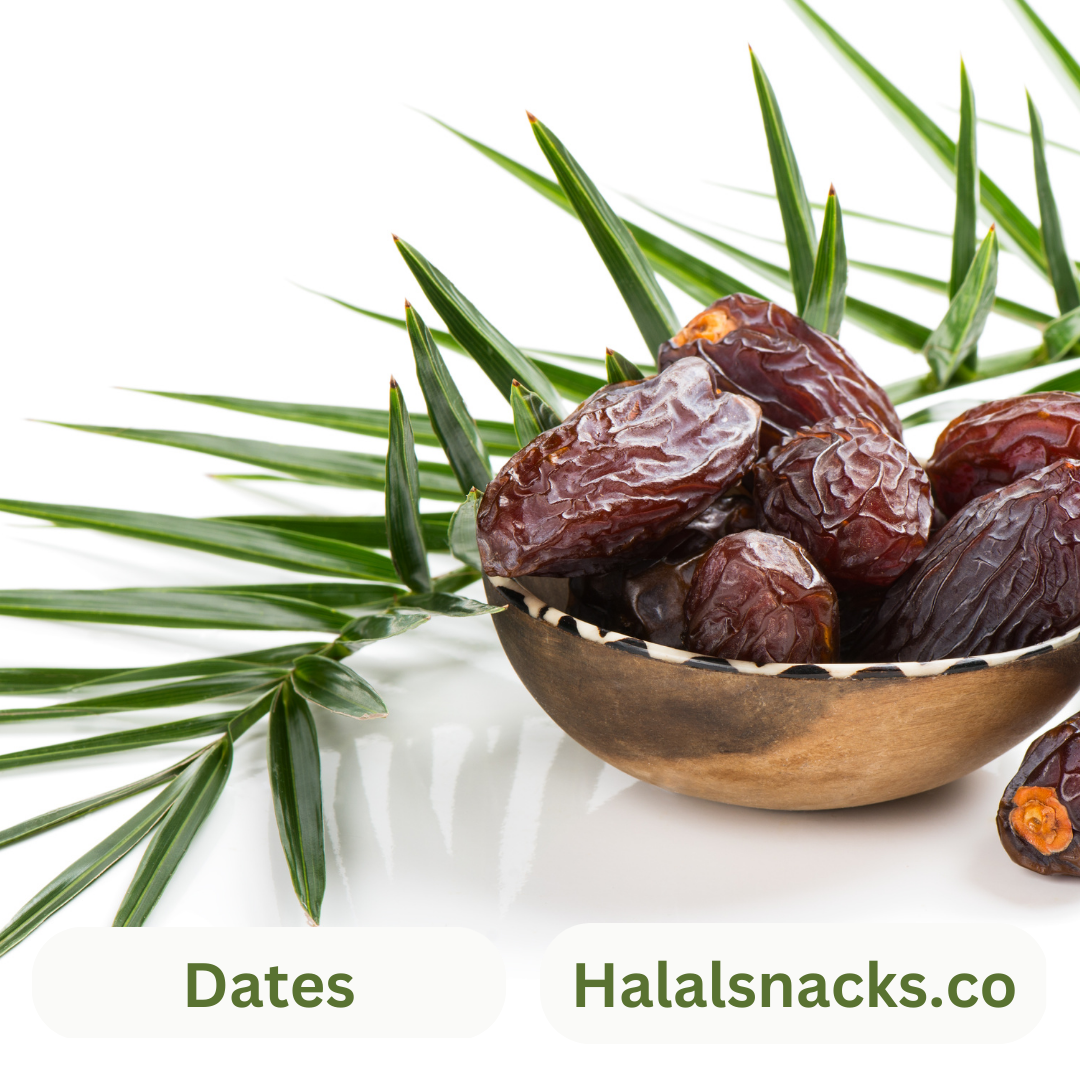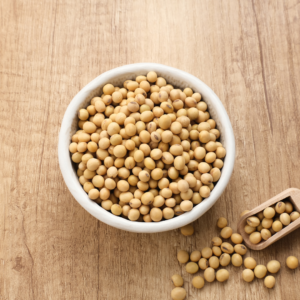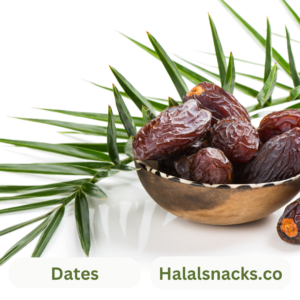Date fruit in Spainsh, also known as “dátiles” in Spanish, have been consumed for thousands of years for their sweet and chewy texture, as well as their numerous health benefits. In Spain, date fruits are a popular ingredient in many traditional dishes and desserts, and they have a long and fascinating history in the country.
What is a Date Fruit?
A date fruit is the edible fruit of the date palm, a plant native to the Middle East and North Africa. The fruit is typically oval-shaped and varies in color from light yellow to reddish-brown, depending on the variety. Date fruits are rich in natural sugars, fiber, and a variety of vitamins and minerals.
The Origin of Date Fruits in Spain
Date palms were first introduced to Spain by the Moors during their occupation of the Iberian Peninsula in the 8th century. The warm, dry climate of southern Spain was ideal for growing date palms, and the fruits quickly became a popular food source. Today, Spain is one of the largest producers of date fruits in Europe.
Nutritional Value of Date Fruits
Date fruits are a nutrient-dense food, packed with vitamins, minerals, and antioxidants. They are particularly high in fiber, which can aid in digestion and help regulate blood sugar levels. Date fruits are also a good source of potassium, magnesium, and iron.
Culinary Uses of Date Fruits in Spain
In Spain, date fruits are a popular ingredient in both sweet and savory dishes. They are often used to add a natural sweetness to desserts, such as tarts, cakes, and puddings. Date fruits can also be stuffed with cheese or other fillings and served as a savory appetizer. In addition, date syrup is a common sweetener used in many traditional Spanish dishes.
Health Benefits of Date Fruits
Date fruits have been shown to have a variety of health benefits. They are rich in antioxidants, which can help reduce inflammation and prevent chronic diseases such as heart disease and cancer. Date fruits may also help improve digestion, lower cholesterol levels, and promote bone health.
Different Types of Date Fruits
There are many different types of date fruits, each with its own unique flavor and texture. Some popular varieties in Spain include Medjool, Deglet Noor, and Barhi dates.
How to Store Date Fruits
Fresh date fruits should be stored in a cool, dry place, such as a pantry or cupboard. They can also be stored in the refrigerator or freezer for longer periods of time.
How to Select Fresh Date Fruits
When selecting fresh date fruits, look for plump, shiny fruits with no signs of mold or damage. Dates should be slightly soft and chewy, but not mushy.
Common Date Fruit Recipes in Spain
There are many delicious ways to incorporate date fruits into your diet. Some popular recipes in Spain include:
- Date and almond cake
- Stuffed dates with goat cheese and honey
- Moroccan-style lamb tagine with dates
- Date and walnut bread
- Date and almond milkshake
Frequently Asked Questions (FAQs)
- Are date fruits good for weight loss?
- Date fruits are high in fiber and natural sugars, which can help you feel fuller for longer periods of time. However, they are also relatively high in calories, so it’s important to enjoy them in moderation if you’re trying to lose weight.
- Are date fruits suitable for people with diabetes?
- While date fruits are a good source of natural sugars, they are also high in fiber, which can help regulate blood sugar levels. However, people with diabetes should still be mindful of their portion sizes and monitor their blood sugar levels after consuming date fruits.
- Can date fruits help improve digestion?
- Yes, date fruits are high in fiber, which can help improve digestion and promote regular bowel movements.
- How long do date fruits last?
- Fresh date fruits can last for up to 4 weeks when stored in the refrigerator. They can also be frozen for up to 6 months.
- Can date syrup be used as a substitute for sugar in baking?
- Yes, date syrup can be used as a natural sweetener in baking and cooking. It has a rich, caramel-like flavor that pairs well with many different dishes.
Conclusion
Date fruits have a rich and fascinating history in Spain, where they have been enjoyed for centuries for their sweet and chewy texture, as well as their numerous health benefits. Whether you’re looking to incorporate more natural sugars and fiber into your diet or simply want to explore the many culinary uses of date fruits, there are many delicious recipes and dishes to discover. So why not try adding some date fruits to your next meal or snack and see what delicious creations you can come up with?










